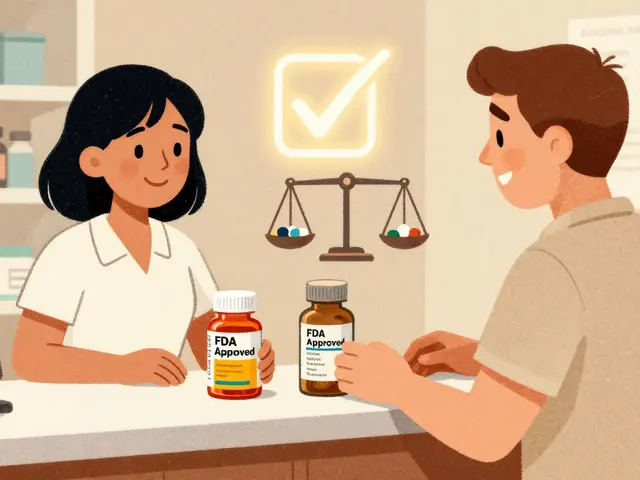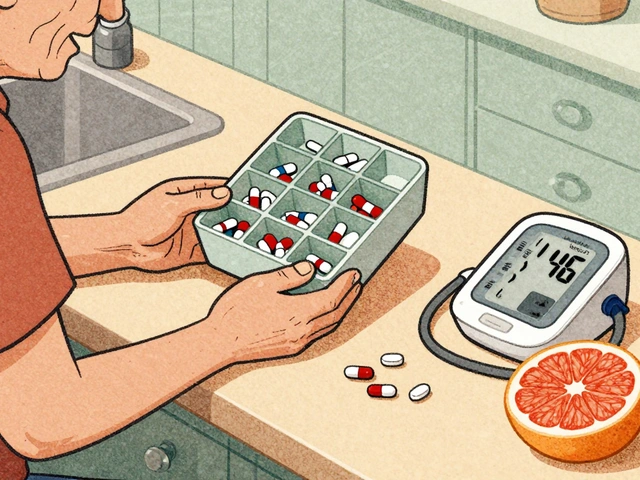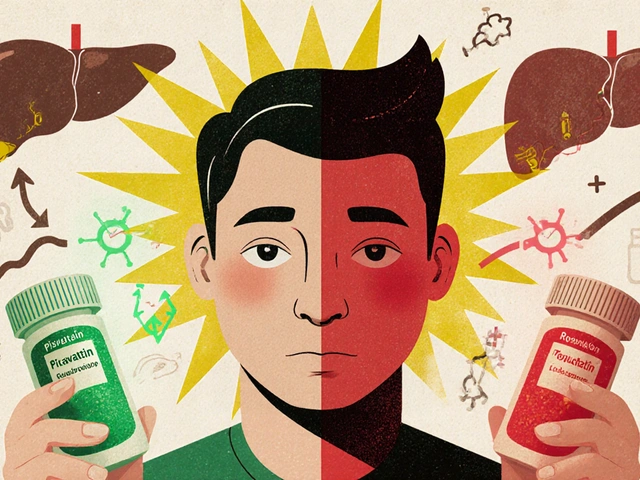Heart failure medication: what to know and how to stay safe
Heart failure medicines lower symptoms, reduce hospital visits, and can help you live longer. Confused by drug names and options? This is a straight, useful guide to the main drug types, common side effects, monitoring needs, and safe ways to get your prescriptions.
Core drug classes and what they do
Diuretics (water pills) like furosemide (Lasix) remove extra fluid fast. They ease breathlessness and ankle swelling. Watch for low potassium, dizziness, and weight drops.
ACE inhibitors and ARBs (examples: lisinopril, ramipril, losartan) relax blood vessels to lower workload on the heart. Common side effects include cough (ACE inhibitors) and changes in kidney function or potassium levels.
ARNI (sacubitril/valsartan) is a newer, often stronger option than ACE inhibitors for some people. Doctors switch to ARNI when guideline criteria are met.
Beta-blockers (metoprolol, bisoprolol) slow the heart and protect it over time. They can cause fatigue or low pulse when you start them; that often improves.
MRAs—aldosterone blockers like spironolactone—cut hospital stays for many patients. They raise potassium, so regular blood checks are needed.
SGLT2 inhibitors (dapagliflozin, empagliflozin) were diabetes drugs first, but they also help heart failure patients without diabetes. They reduce hospitalizations and feel protective for the heart.
Practical tips: monitoring, side effects, and safe access
Get baseline blood tests before starting most heart failure drugs: kidney function and potassium are the basics. Expect repeats after dose changes or if you feel unwell.
Weigh yourself daily. A sudden gain of 2–3 kg (4–6 lb) in a couple days can mean fluid is building up and you may need medical review or a diuretic dose change.
Tell your doctor about dizziness, fainting, unusual bruising, persistent cough, or swelling. Those are helpful clues that a med needs adjusting.
Thinking of buying meds online? Always use a licensed pharmacy and a proper prescription. Beware extremely low prices, missing contact details, or no pharmacist access. Save receipts and check packaging when it arrives.
Stick to the schedule. Heart failure meds work best when taken as directed. If you miss doses, ask your clinician how to restart rather than guessing.
Finally, lifestyle matters. Low-salt diet, regular activity as advised, and reviewing other drugs (even OTC pain relievers) with your doctor can cut risks and make medications work better.
If you want, I can point you to reliable checklists for online pharmacies or a simple monitoring sheet to track weight and potassium results. Which would help you most right now?










